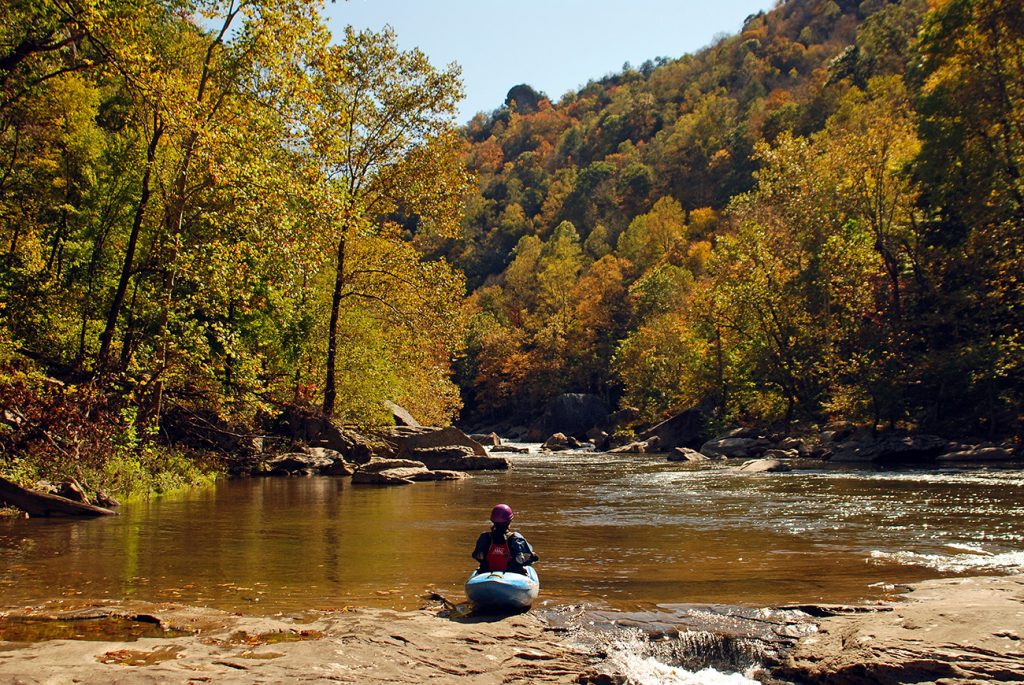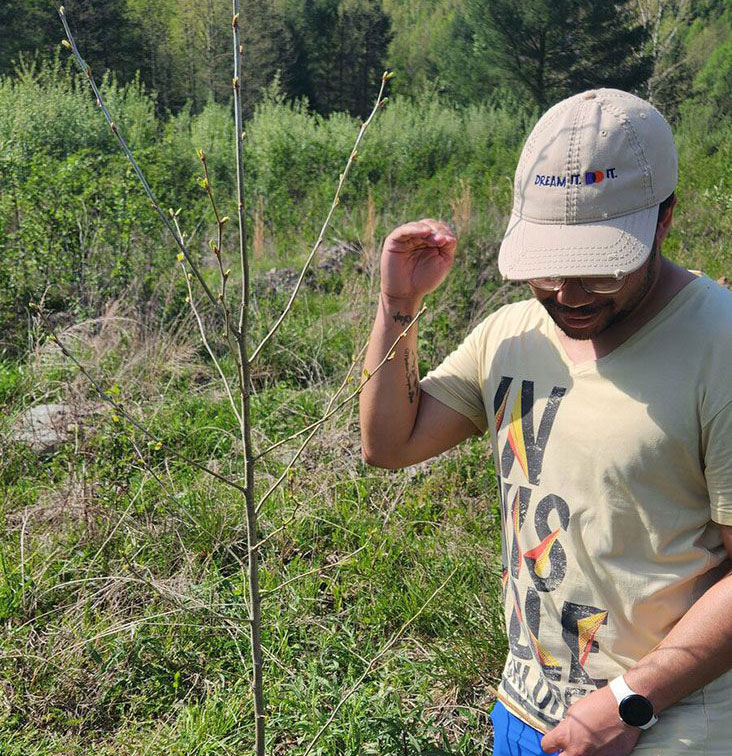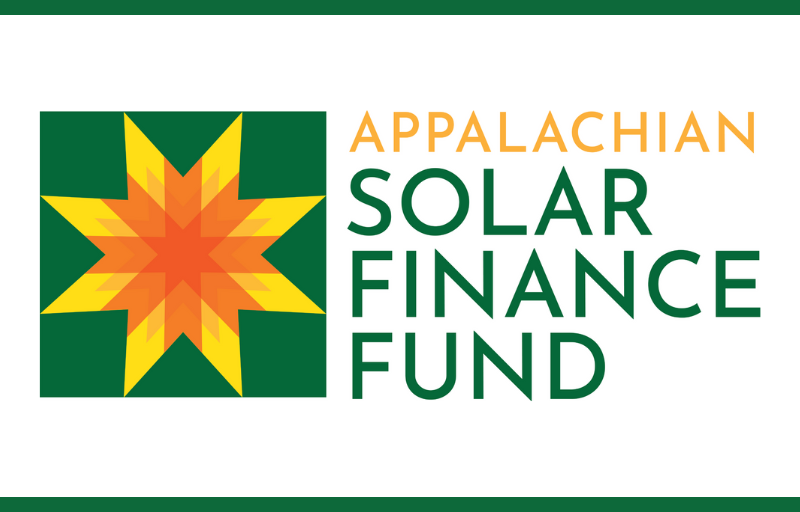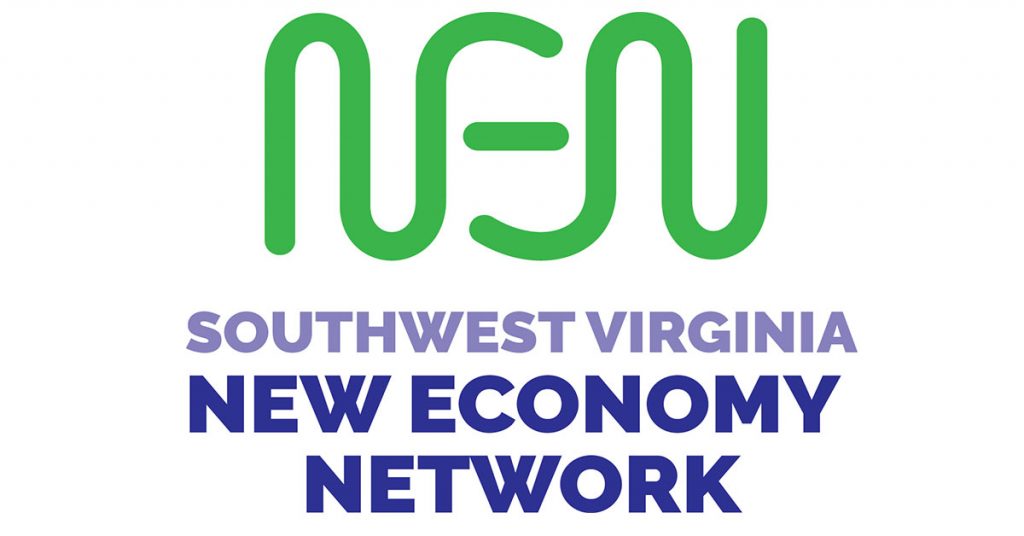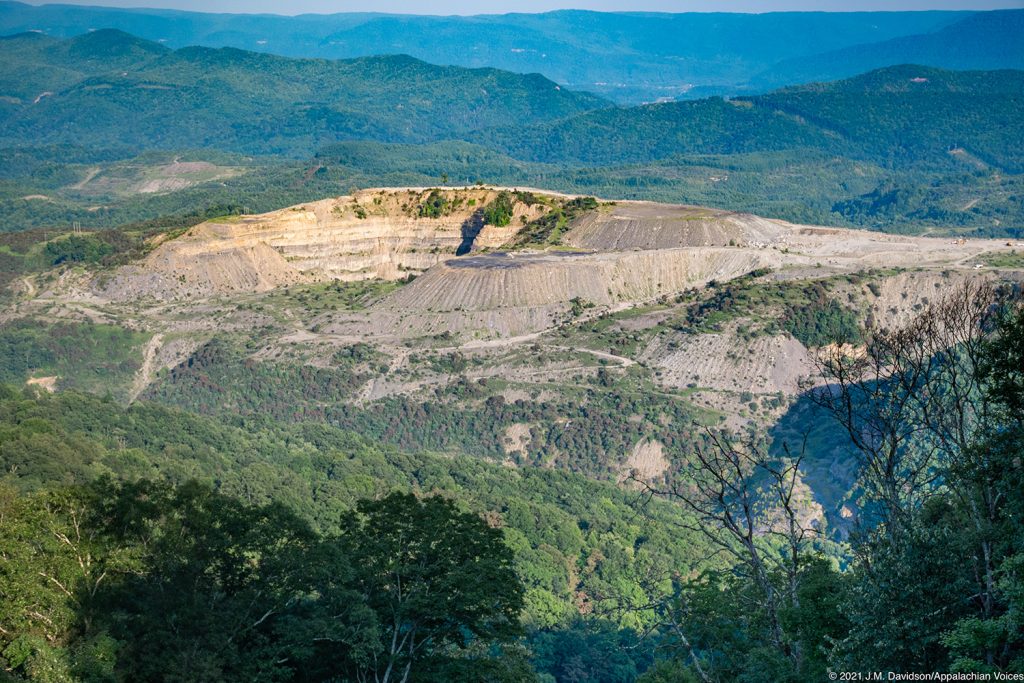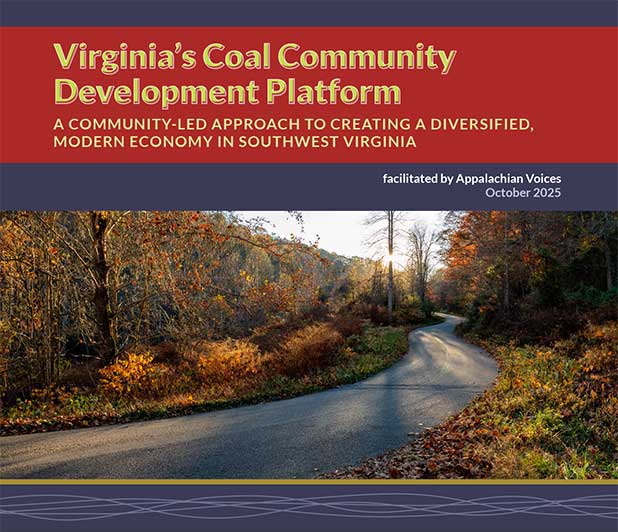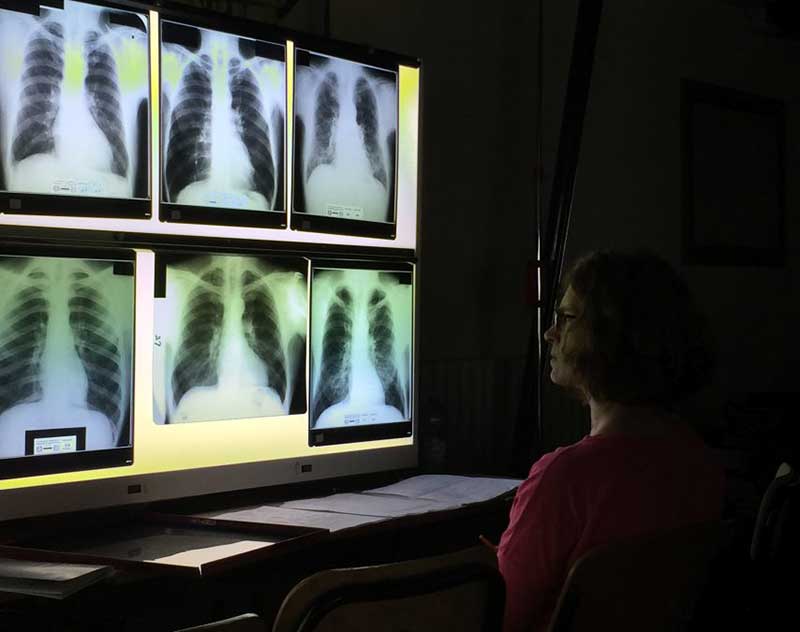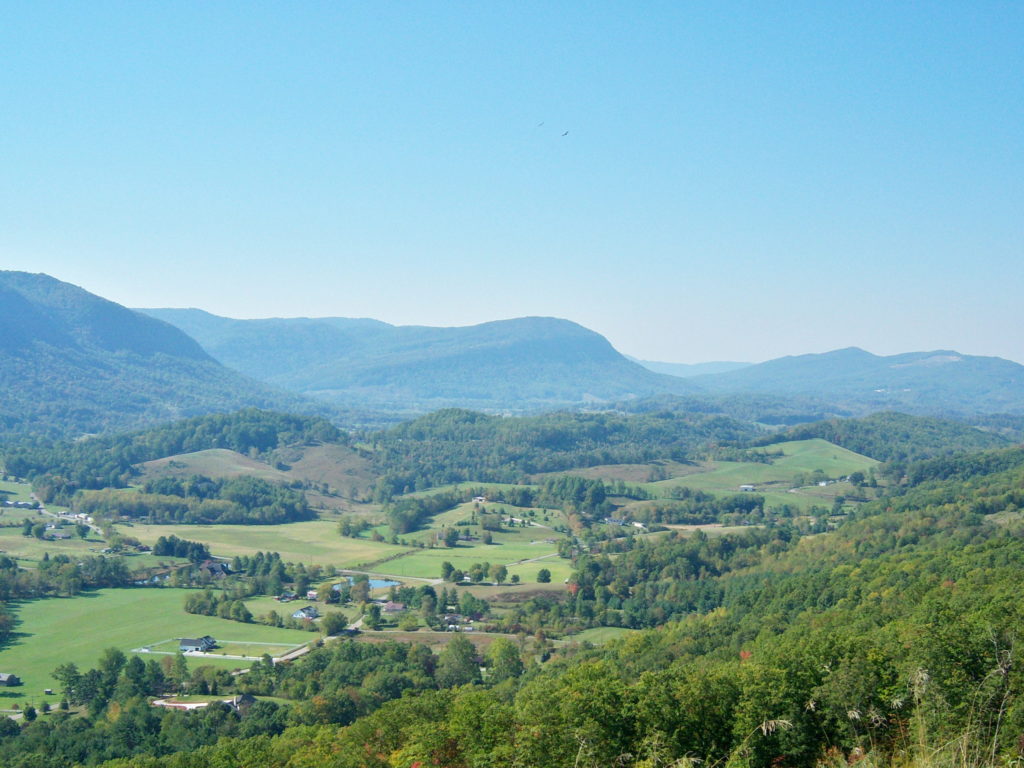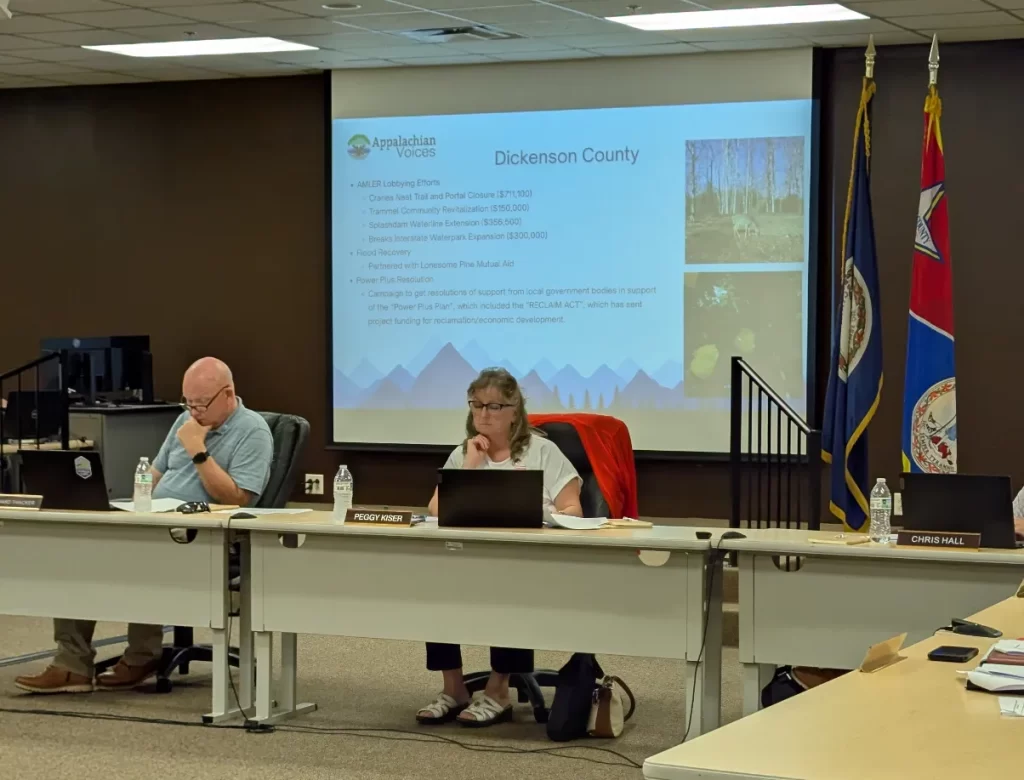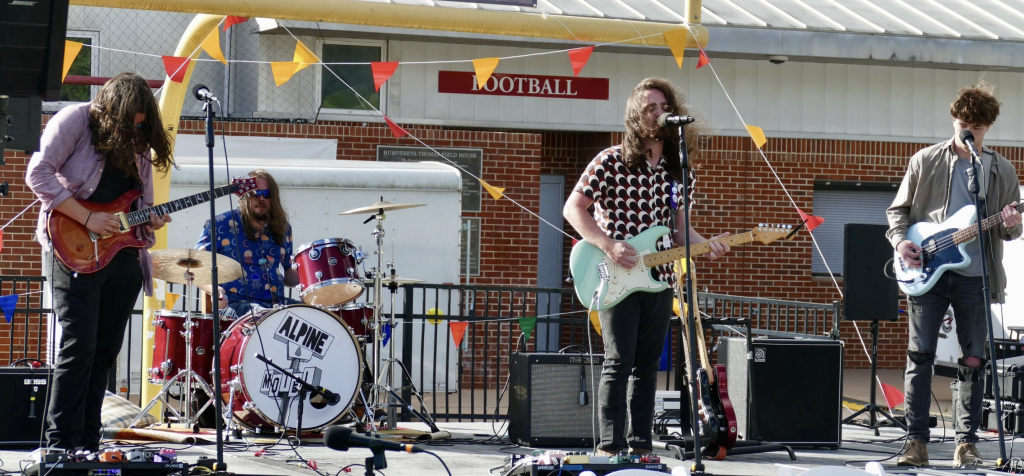A New Economy for Appalachia

America’s energy landscape has changed dramatically in recent years, resulting in substantial economic impacts in Central Appalachia, which has historically been driven by the coal industry. The inevitable decline of the coal industry is causing hardship for many individuals and families in the region and serves as a wake-up call that now is the time to diversify our economy.
A window of opportunity has opened for Central Appalachia. Recognizing this, a growing number of local residents, elected officials, economic development leaders and institutions are making choices to move toward a new economy, and calling for policies and ways of thinking to carry the region into a future of economic resilience and shared prosperity.
Appalachian Voices is integrally involved in this challenge, bringing to bear the four key principles of community engagement, economic diversification, land restoration and growing the clean energy sector. Our New Economy for Appalachia program is based out of our Norton, Virginia, office in the heart of Southwest Virginia’s coal country.

We facilitate opportunities for residents from all walks of life and with diverse backgrounds and perspectives to become more engaged in sharing ideas and making decisions about their economic future. Since our New Economy for Appalachia program began in 2015, we have worked with community members and leaders to make local visions a reality, channeling state, federal and private resources to create new opportunities for residents and businesses, including helping communities prepare for natural disasters.
While our efforts are focused in Southwest Virginia, we recognize that the movement for a just transition away from the coal economy is a regional one, and closely collaborate with partner groups working toward similar goals. Together with citizens, leaders and organizations across Central Appalachia, we utilize federal funding to help mountain communities build resilience and diversify their economies by implementing locally-driven revitalization projects. We also work to bring investments in solar and other renewable energies to the region.
Our Mountain Ascent Newsletter celebrates the victories in Southwest Virginia's efforts to build a new economy in the coalfields.
Latest News
SWVA leaders advocate for community resilience projects in D.C.
On an extraordinarily hot, humid day in July,…
Lee County passes resolution supporting black lung benefit increases
Last night, Lee County supervisors passed a resolution urging U.S. Rep. Morgan Griffith and U.S. Sens. Tim Kaine and Mark Warner to support legislation increasing black lung benefits. Kaine and Warner have supported similar legislation, led by former Pennsylvania Sen. Bob Casey, in past legislative sessions.
Nonprofits, Tribes and local governments sue Trump administration for terminating EPA grant programs
Today, a coalition of nonprofits, Tribes and local governments sued the Trump administration for unlawfully terminating the Environmental Protection Agency’s Environmental and Climate Justice Block Grant Program despite a congressional directive to fund it.
Appalachian Voices v. EPA: A letter from our executive director
Appalachian Voices joined our partners and attorneys in a class-action lawsuit against the EPA for unlawfully terminating its Environmental and Climate Justice Block Grant Program. Read a letter from Executive Director Tom Cormons about why we’re taking this step.
Southwest Virginia counties pass resolutions supporting black lung benefit increases
Russell County will consider a similar resolution next…
Solar energy lights up Southwest Virginia at inaugural SWVA Solar Summit
More than 200 attendees received a wealth of information from various energy, utility and environmental groups.


